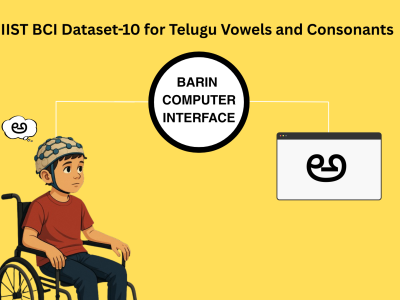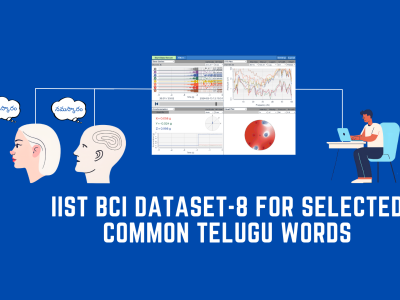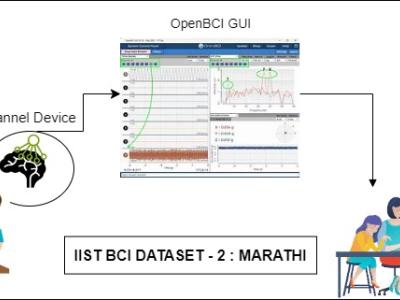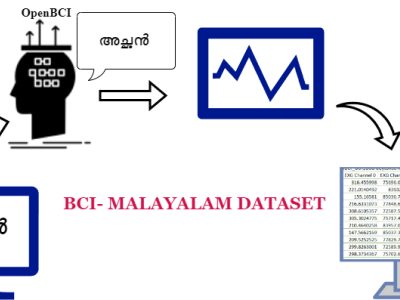
Brain-Computer Interface (BCI) technology makes possible a direct interface between the brain and external devices through the interpretation of neural signals. It is essential to have patient's native language-containing datasets when designing BCI-based solutions for neurological disorders. Current BCI research, though, lacks language-specific datasets, notably for languages like Telugu, which has over 90 million speakers in India. We developed an Electroencephalograph (EEG)-based Brain-Computer Interface (BCI) dataset consisting of EEG signal samples for Telugu Vowels and Consonants.
- Categories:



